Interpipe stated that buyers in Europe are interested in environmental audits as well as technical audits, focusing on the environmental impact of products. In this context, the company's efforts to reduce CO2 emissions, which have a direct impact on the ‘carbon footprint’ of railway products, come to the fore. Despite war conditions and increasing logistics costs, the company remains committed to complying with decarbonisation requirements.
At InnoTrans 2024 in Berlin in September, Interpipe showcased its wheeled products, highlighting decarbonisation and green steel. Emphasising that Interpipe has one of the best carbon footprints in the industry, Oleksandr Garkavy, Railway Products Division Manager, stated that the company has already fulfilled its 2030 Green Deal targets.
At the heart of Interpipe's successful decarbonisation efforts is the commissioning of the Interpipe Steel electric steelmaking complex. This plant is delivering a radical reduction in scope 1 emissions. The company also aims to decrease scope 2 emissions by increasing the share of ‘green’ electricity purchases. This approach puts Interpipe in a position to gain a competitive advantage over other European manufacturers of railway products.
Interpipe is expanding its logistics services for railway products to distant markets using motor vehicles, feeder vessels and ocean container ships. The opening of the Ukrainian Black Sea Corridor has increased logistics possibilities, especially in the US market. These developments allow Interpipe to play a more active role in the global market.
Interpipe's leadership in decarbonising the production of railway products is noteworthy at a time when sustainability and environmental responsibility are becoming increasingly important. The company is both decreasing its environmental impact and taking important steps towards gaining a competitive advantage. It continues to offer innovative solutions to strengthen this position in the European market.


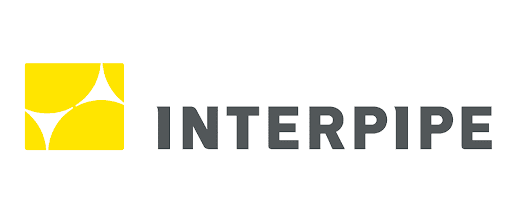

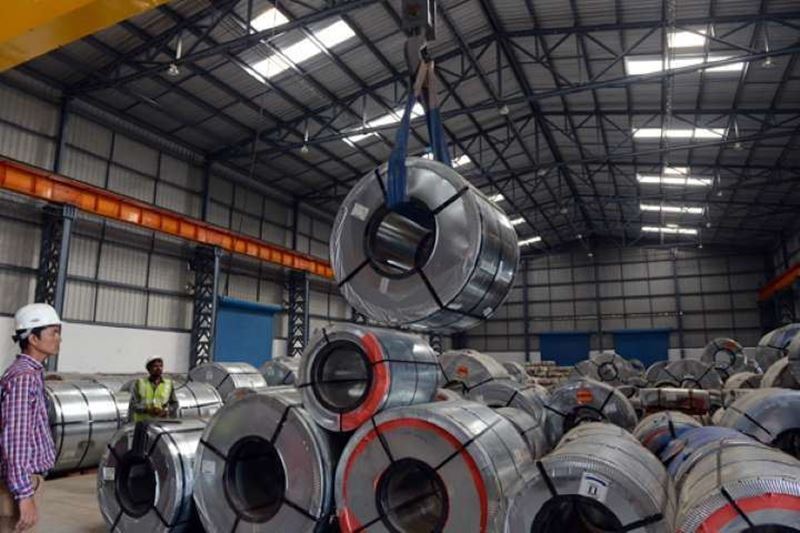
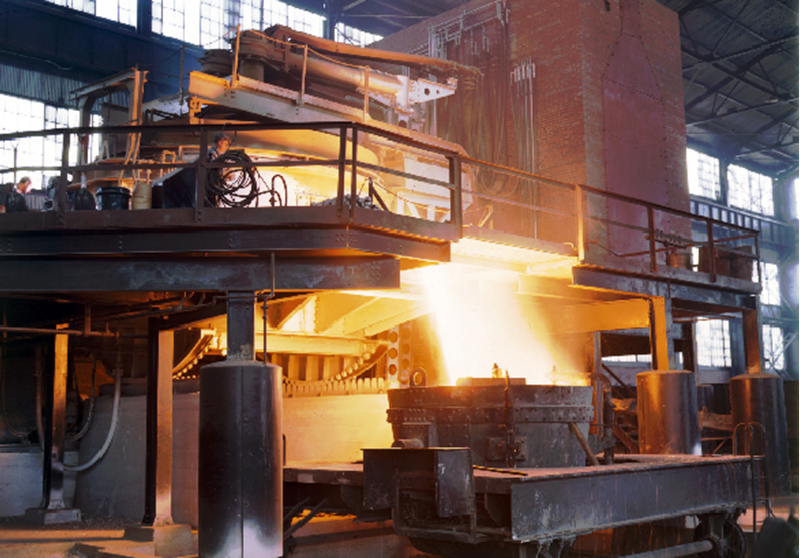
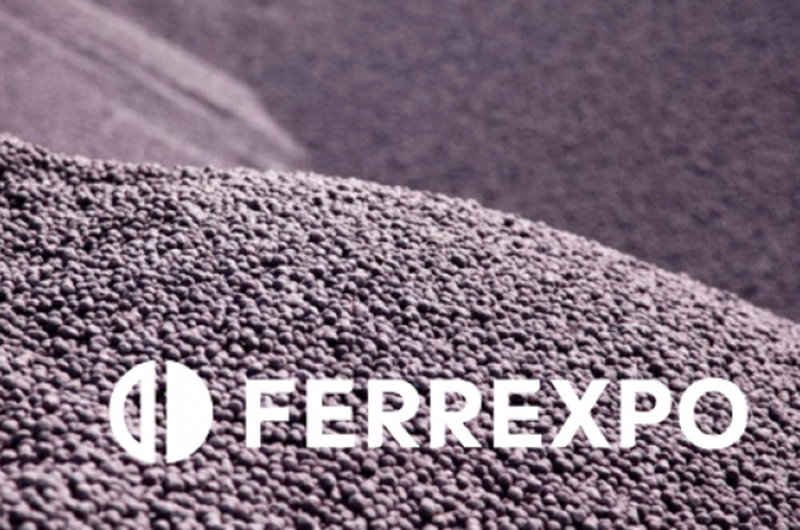
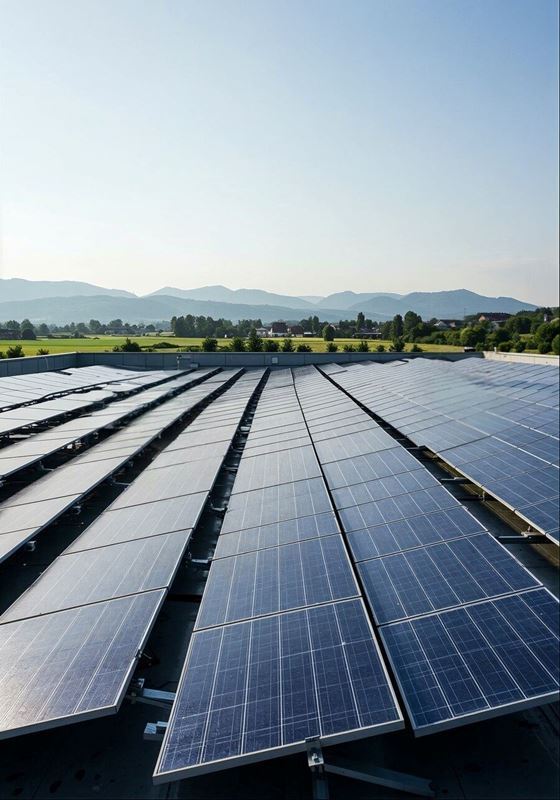
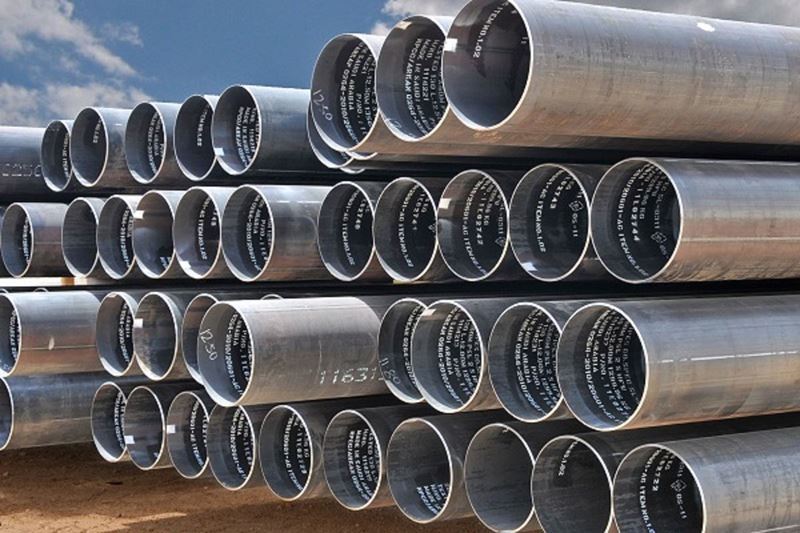


Comments
No comment yet.